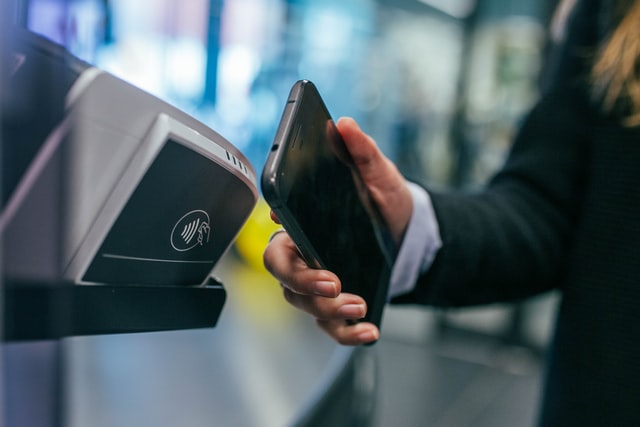How FinTech Products Are Changing How Businesses Conduct Transactions
Financial technology, or FinTech, is a collective term for all technology developed to better manage finances. This can be customer or organizational finance. It covers mobile apps, contactless payment methods, online payment methods, software and more.
But what does that do to modern businesses? We break it all down here.

Hygiene is less of a problem
It’s a redundant problem, but it’s still a problem, considering we’re still in the middle of a global pandemic. Fintech, especially contactless payment methods in physical premises, received a good boost from the pandemic. Before, a contactless machine was rare, only available in the big chain stores. Now every mom-and-pop shop, every vintage shop, every fruit stand has a contactless payment machine, prompted largely by the desire not to handle physical cash and the potential for germs to be transmitted when cash is passed from hand to hand.
This push for contactless may have been prompted by hygiene, but it has persisted because of its many other uses for businesses. Its simplicity, convenience and speed come into play when businesses pay suppliers they probably wouldn’t normally offer solid cash as a payment method anyway. Today, having access to a virtual credit card gives businesses the opportunity to draw on the benefits of having everything automatically recorded for the accountant’s use.
Customers get more control and options
As more and more fintech solutions have reached the market, the customer has gained from having many choices on how to manage their money. This is particularly easy to see in the online bank, which gives customers all the information they need to make choices from an app on their phone. Simple tasks like sending money to someone to share a pizza can be done on the app, but so can bigger financial decisions like opening a savings account, applying for a loan and anything else the bank can offer you.
This also gives customers more control over their finances. For example, in the age of the housing crisis, getting a mortgage requires a lot of forethought and planning. Whether it’s a deposit, debt, a credit score or a mix of everything that comes your way, you can be aware of the problem and take steps to fix it without paying an accountant or informant. Close extra accounts from your app to improve your credit score, make extra payments to your debt online or transfer it to a balance transfer card online, and open a savings account to save for a deposit – all online.
Security is up, but has changed
The benefits of a cashless society are currently seen, but monetary security has changed. Today, the fintech industry relies on various cyber security options to keep your money safe. If you pay for something online, you may need to verify it with a fingerprint, password, question, and even facial recognition. Financial technology is also often encrypted, so even if you’re using a public internet connection, which is often the case when paying at a merchant, your data is safe from anyone trying to hack into it.
On the business side, this means that data is the most valuable thing for customers and companies, and therefore what is shared must be protected. This means businesses need to arm themselves against ransomware and other cyber attacks with a range of cyber security options.
This article does not necessarily reflect the opinions of the editors or management of EconoTimes.


